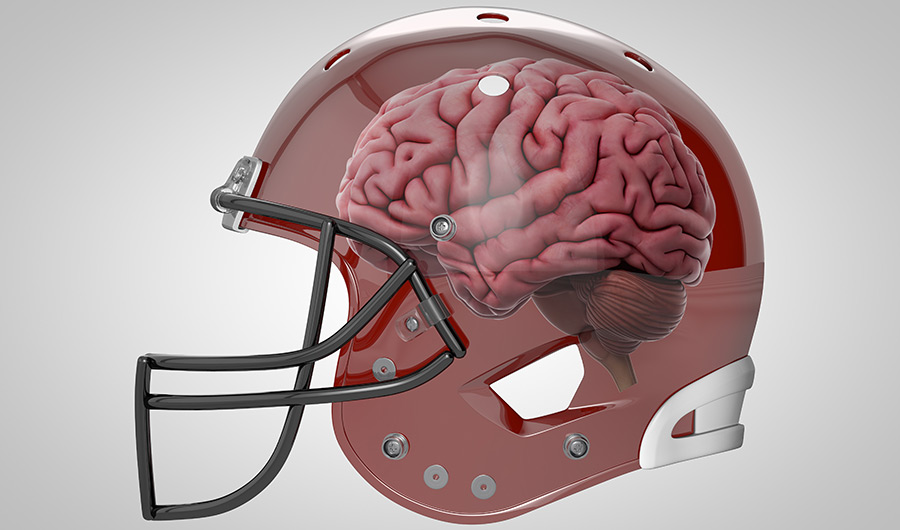
The Mental Health Handbook

The landscape of mental health planning and services can be difficult to navigate, especially in times of crisis. Many family caregivers are caught off guard when a mental health crisis affects a loved one, and they are left scrambling to find for the best solutions to the situation. Developing the optimum care plan for individuals with mental health or developmental challenges in times of crisis is an important, and sometimes overlooked, step in the planning process.. However, there are resources available that can help families learn about the services available and can walk them through the recommended steps to take when planning for the future. One resource is “The Revised Family Crisis Handbook: A Mental Health, Stabilization, and Wellness Toolkit” which was developed by professionals in the Special Needs and Mental Health fields specifically to aid caregivers in crisis situations.
The Handbook is a tool designed to help family caregivers make informed decisions and develop individualized plans for people with mental illness and developmental disorders. Various topics are covered in the Handbook including crisis assessment, hospitalization, future planning, and an overview of public and private resources available for assistance. The Handbook guides caregivers on the best way to handle difficult situations, and suggests that early planning is the key factor in navigating emergencies as they relate to an individual’s mental health needs.
Above all, families should develop a personalized life plan, or “person-centered planning” for an individual with special needs. Person-centered planning takes into consideration the strengths, interests, personality, and abilities of the individual and generates a life plan that best fits the individual. Families can assess a number of factors including which hobbies, jobs, social activities, organizations, and self-advocacy programs would work best for their loved one. Overtime families and individuals can revisit their plan, allowing it to evolve with the needs as the person progresses through their adult lives. Families that take the time to develop plans like we do at Hope Trust, and gather resources like the Family Crisis Handbook make positive steps in securing quality care for the future of their loved ones with mental illness and developmental challenges.
Israeli Military Programs Utilize the Strengths of Autistic Individuals

Approximately one percent of the world’s population is diagnosed with Autism spectrum disorder. Diagnosis often means a lifetime of challenges for people with Autism as they have difficulty learning social skills and communicating with others. These challenges make it difficult for teenagers and adults to find jobs and contribute meaningfully within their communities. However, programs that build on the strengths of people with Autism are being developed. One example is the Israeli Army’s Roim Rachok Program, which offers teenagers with high functioning Autism a way to serve their country and develop valuable professional skills.
The Roim Rachok program utilizes the strengths that many people with Autism have, including the ability to focus and concentrate on singular tasks for long periods of time. These skills are particularly sought after by the Israeli Defense Forces when monitoring intelligence feeds and analyzing data. The program was piloted in 2012 and opened up new doors for Israeli citizens on the Autism spectrum to excel in a career path. Roim Rachok also offers a model for integrating people with Autism into society beyond military service. The program provides training on verbal communication and social interaction which are two skills that help participants integrate themselves into a regular role in society after their military service ends.
It is programs like Roim Rachok that show the world that people with developmental disabilities can contribute meaningfully and take up important roles in society. The key is to develop programs that utilize their strengths. When we match the tasks to the strengths and abilities of people with certain disorders we are building a world in which everyone can live up to their potential and create a more inclusive society.
Hope Trust serves clients throughout the United States.

